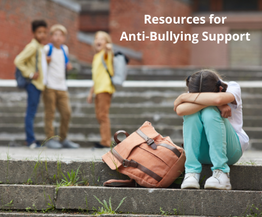 Almost all of our kids will be bullied, or be a witness to bullying, to some degree in their schooling years. The studies vary on how often, how many kids, and who gets bullied, but the fact is that too many kids are victims of this phenomenon. The consequences of bullying can be disastrous. It can lead to physical injury, social and emotional scarring, lower academic achievements, self-harm, mental health struggles, and even death. Kids who bully others and are bullied themselves are at the greatest risk for mental health and behavioral problems. What is bullying? According to Psychology Today, bullying is a distinctive pattern of repeatedly and deliberately harming and humiliating others, specifically those who are smaller, weaker, younger or in any way more vulnerable than the bully. The deliberate targeting of those of lesser power is what distinguishes bullying from garden-variety aggression.
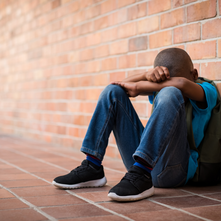 Who Gets Bullied and What to Look For The statistics are all over the place with bullying. Some things we do know are that a higher percentage of males than females report being physically bullied, whereas a higher percentage of girls report being the subjects of rumors and exclusion. As far as cyberbullying, it is reported the most among middle schoolers. Those that are cyberbullied are likely to be bullied offline as well. Students with specific learning disabilities, autism spectrum disorder, emotional and behavior disorders, and speech or language impairments are more often victims of bullying than their peers without disabilities. Also, students of color, and those who identify or are perceived as LGBTQ are at a higher risk. Not all kids who are bullied ask for help. It is estimated that less than half of bullied students notify an adult at school. There are some signs to look for but understand that not all kids show signs. Another thing to note is that simply observing bullying can lead to a negative impact on mental health. When school-age kids are victims of bullying, they are much more likely to have headaches and stomachaches, depression, anxiety, and behavioral problems. They might even experience sleep issues and nightmares, dropping grades, and may even drop out of school. They may come home from school with unexplained injuries, destroyed or lost personal belongings, and may also start showing discipline problems, as well as becoming increasingly more aggressive. Not surprisingly, there is also a strong association between bullying and suicide-related behaviors.  Who Bullies and What to Look For Children who feel secure and supported at home, school, and among their peers are less likely to bully. There are several factors that may contribute to youth that bully, but every individual is unique. Those who bully chronically tend to have strained relationships with parents and peers, and may also have school factors and emotional factors to consider. Due to these struggles, bullying can be a way of establishing social dominance. This can lead to a downward spiral if not addressed properly. Some of these behaviors may actually be cries for help. Research shows that long-term bullies lack prosocial behavior, are not troubled by anxiety, do not understand others’ feelings, and often do not accept responsibility for their actions. They often misread the intentions of others and tend to have a kind of paranoia. As with kids who get bullied, kids who are the bullies have a higher risk of suicide-related behaviors. What Can Be Done The good news is that bullying is a behavior that can be changed. Those that bully or are bullied can benefit from support from school, the community, and trusted adults. These adults can teach new social and emotional skills, as well as healthy peer connections. At the onset, the best defense against bullying is teaching kids social skills and helping them develop confidence in their own abilities. The second-best defense against bullying is to walk away and not fight back. As parents, we can regularly inquire about challenges our kids are having, and maybe even role-play some solutions. It's also beneficial to understand safety while using technology. Cyberbullying is a real thing. It's important to teach kids to use social media responsibly, respectfully, and safely and to keep their passwords private. If you are the victim or a witness in cyberbullying, don’t engage in any conversation online where bullying is occurring. Bullying should never be ignored. For issues that are severe, persistent, or unresolved, the individual(s) who has(have) been the target of bullying or who has observed bullying should report the incident in writing or verbally to a staff member at that school. Northshore School District is committed to a safe environment for its students where everyone is treated with respect, and no one is physically or emotionally harmed. NSD makes it easy to report tips on bullying, harassment, or any safety issue through SafeSchools Alert. Reporting can be done online, through an app, or by calling, texting, or emailing. NSD's SafeSchools Alert can be used by students, families, or staff to report the incident and can also be done anonymously.
This article was brought to you by Northshore Council's Mental Health Committee. Visit our Mental Health Awareness Resources page to learn more about this committee and the other resources they have provided.
Comments are closed.
|
�
Archives
June 2024
Categories
All
|
Northshore Council PTSA is a welcoming organization that works to support our Local PTAs and serve the children and youth of our community through advocacy, collaboration, education, engagement, leadership, and mentorship.

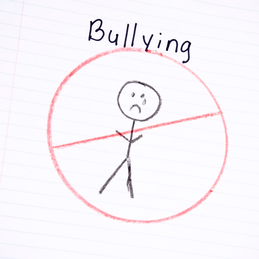
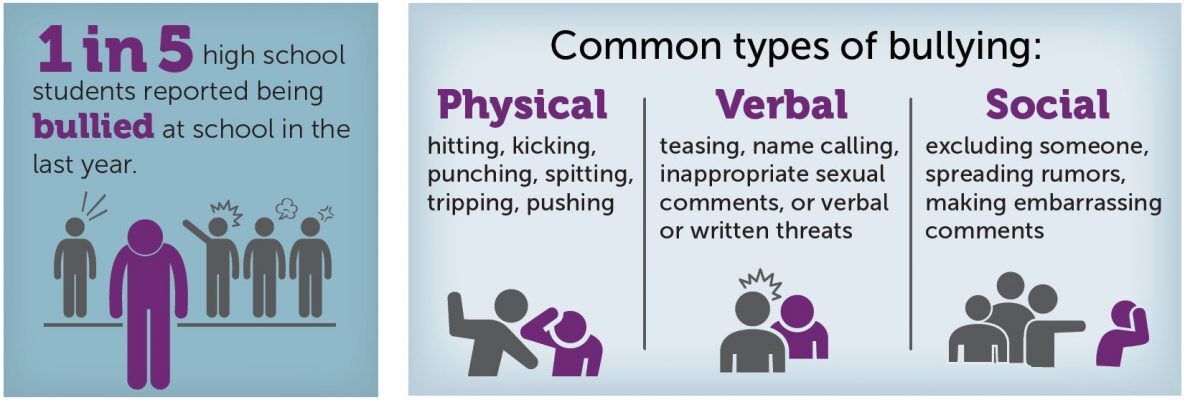
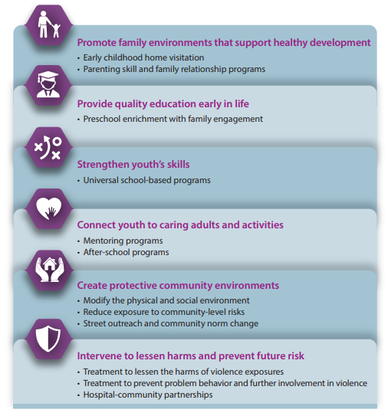
 RSS Feed
RSS Feed

